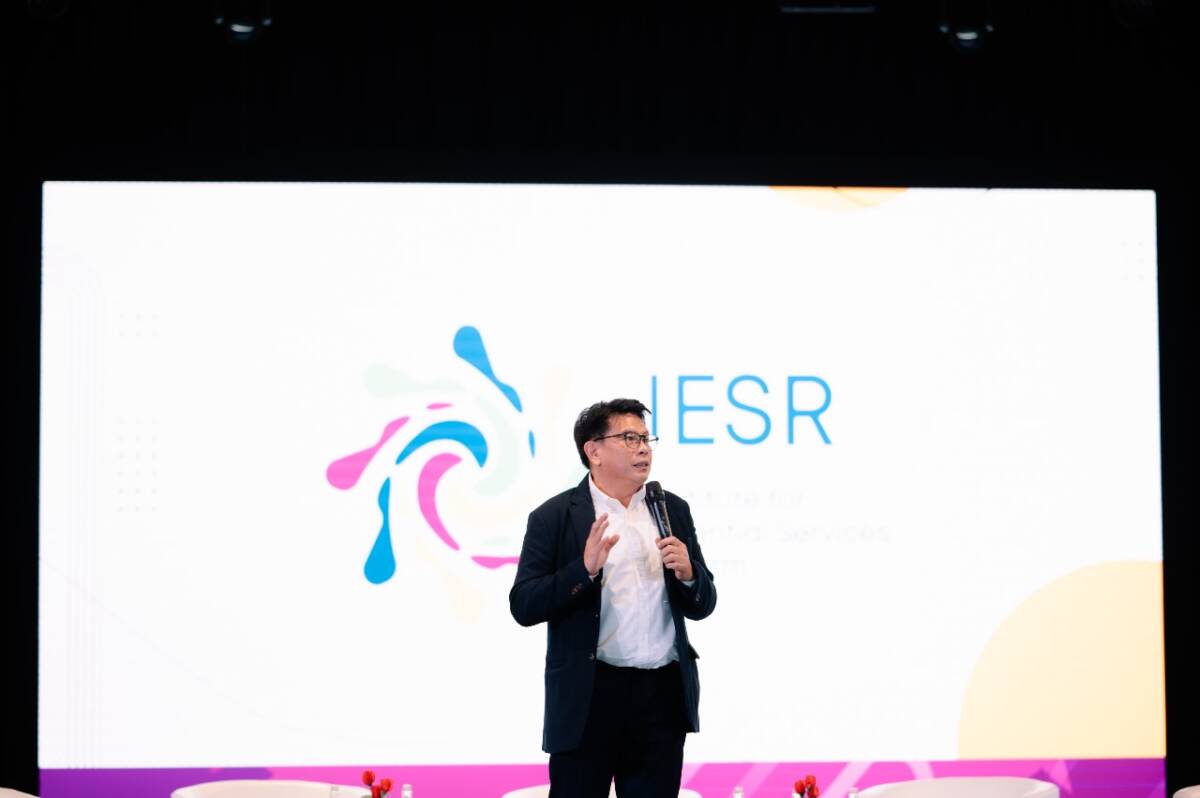Jakarta, October 2, 2024 – PT Bank Mandiri Tbk’s (BMRI) decision to provide debt refinancing of US$ 1.27 billion (around Rp 19.24 trillion) for the Sumsel-8 Mine Mouth (MT) Coal-Fired Power Plants (CFPP) contradicts the global trend towards clean energy and raises doubts about the bank’s commitment to Indonesia’s zero-emission target. The reason is that to achieve zero emissions and meet the obligations of the Paris Agreement, Indonesia should stop utilizing coal.
The Institute for Essential Services Reform (IESR) study shows that Indonesia needs to stop building new power plants after 2025 and gradually stop operating existing power plants until 2045 to reduce greenhouse gas emissions in accordance with the Paris Agreement. Bank Mandiri’s financing of PT Huadian Bukit Asam Power (HBAP) is risky for Indonesia.
“Our study shows that after 2030, the cost of electricity generation by CFPP in the PLN system is more expensive than Solar PV and battery energy storage. Thus, maintaining CFPP operations will increase electricity generation costs, and PLN loses the opportunity to make a renewable energy transition that provides financial benefits,” said IESR Executive Director Fabby Tumiwa.
In addition, the financing decision is also risky for Bank Mandiri. According to Fabby, the move was not based on a long-term risk assessment and caused the transition risk that China Exim Bank originally bore to shift to Bank Mandiri.
A study released by the Climate Policy Initiative shows that banks need to play a more significant role in financing the energy transition. “In Indonesia, investment in coal and gas is twice that of renewable energy, and almost entirely from private financial institutions,” said Tiza Mafira, Director of the Climate Policy Initiative. “While the global trend is exactly the opposite, investment in clean energy reaches twice the investment in fossil fuels. There is a concern that Indonesia is seen as a market not conducive to green investment.”
Urgewald’s “Still Banking on Coal” report shows that in 2020-2023, Bank Mandiri provided significant financing to the coal sector, reaching US$ 1.3 billion. Meanwhile, studies by Indonesia Corruption Watch (ICW) and Trend Asia revealed that Bank Mandiri had channeled coal sector financing of up to Rp 66 trillion during the same period. Additionally, the #BersihkanBankmu coalition analysis noted that Bank Mandiri’s financing for nine coal companies in Indonesia in 2016-2023 reached US$ 3.485 billion and Rp 2.493 trillion.
Environmental and Health Impacts
Although CFPP MT Sumsel-8 uses supercritical technology that is considered to reduce pollution, environmental experts emphasize that the resulting carbon emissions remain significant. This can be seen from PLTU Cirebon-1, which uses the same technology.
A study by the Center for Research on Energy and Clean Air (CREA) shows that air pollution from CFPP Cirebon-1 has caused 441 deaths yearly due to respiratory diseases. The government and national stakeholders can no longer ignore the contribution of air pollution from coal-fired power plants and its impact on the population and economy. On the other hand, Indonesia has considerable renewable energy potential and lower emissions and pollution.
“Bank Mandiri should take the opportunity to become a pioneer and champion in financing increasingly competitive clean energy projects instead of increasing financial support to fossil energy, which hurts society,” commented Agung Budiono, Executive Director of Indonesia Cerah.
Civil society urges banks to be more transparent about their plans for transitioning to clean energy and establish clear targets for reducing their coal portfolios. Financial institutions in developing countries are working to meet short-term development needs while honoring long-term environmental commitments. Nevertheless, with the climate crisis becoming increasingly urgent, there is mounting pressure for banks to shift towards clean energy, and they must play their part.

